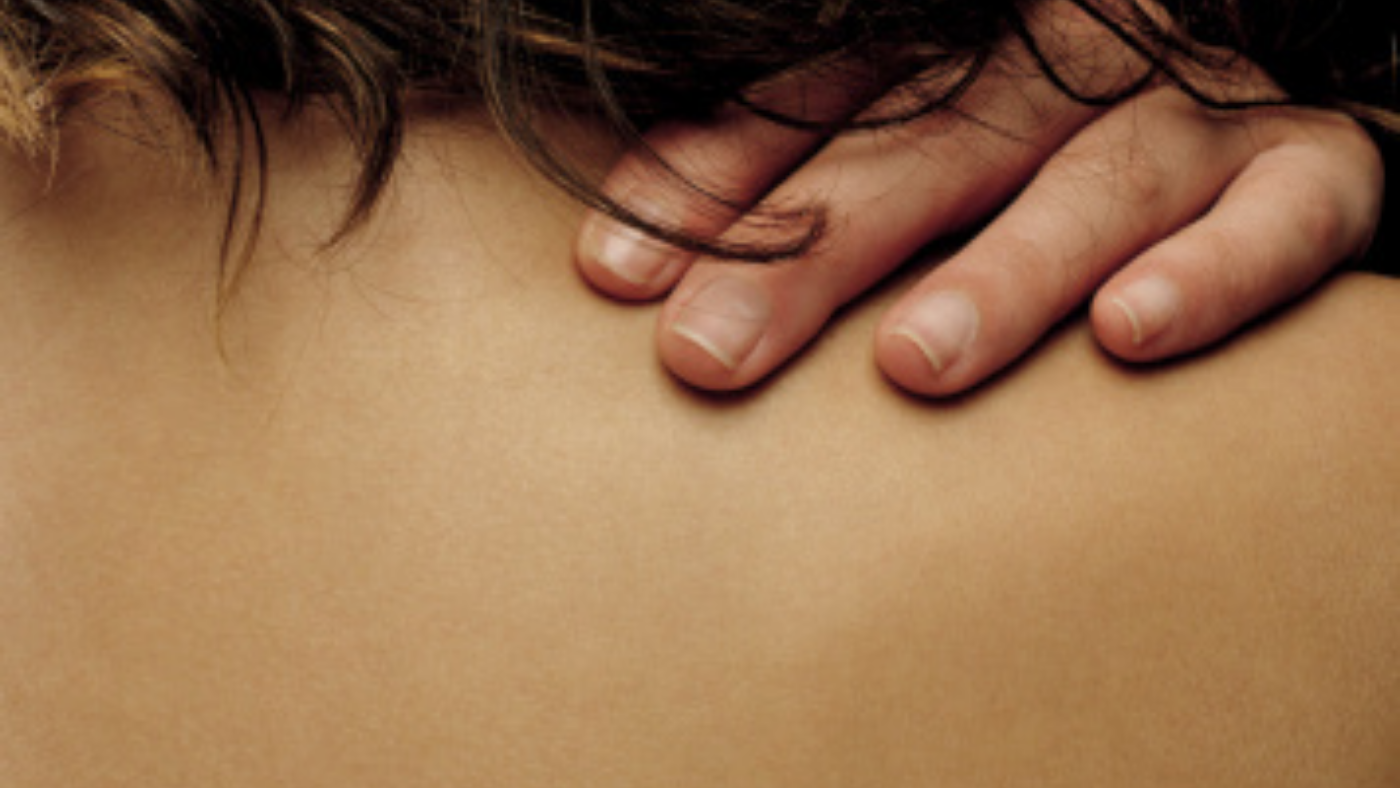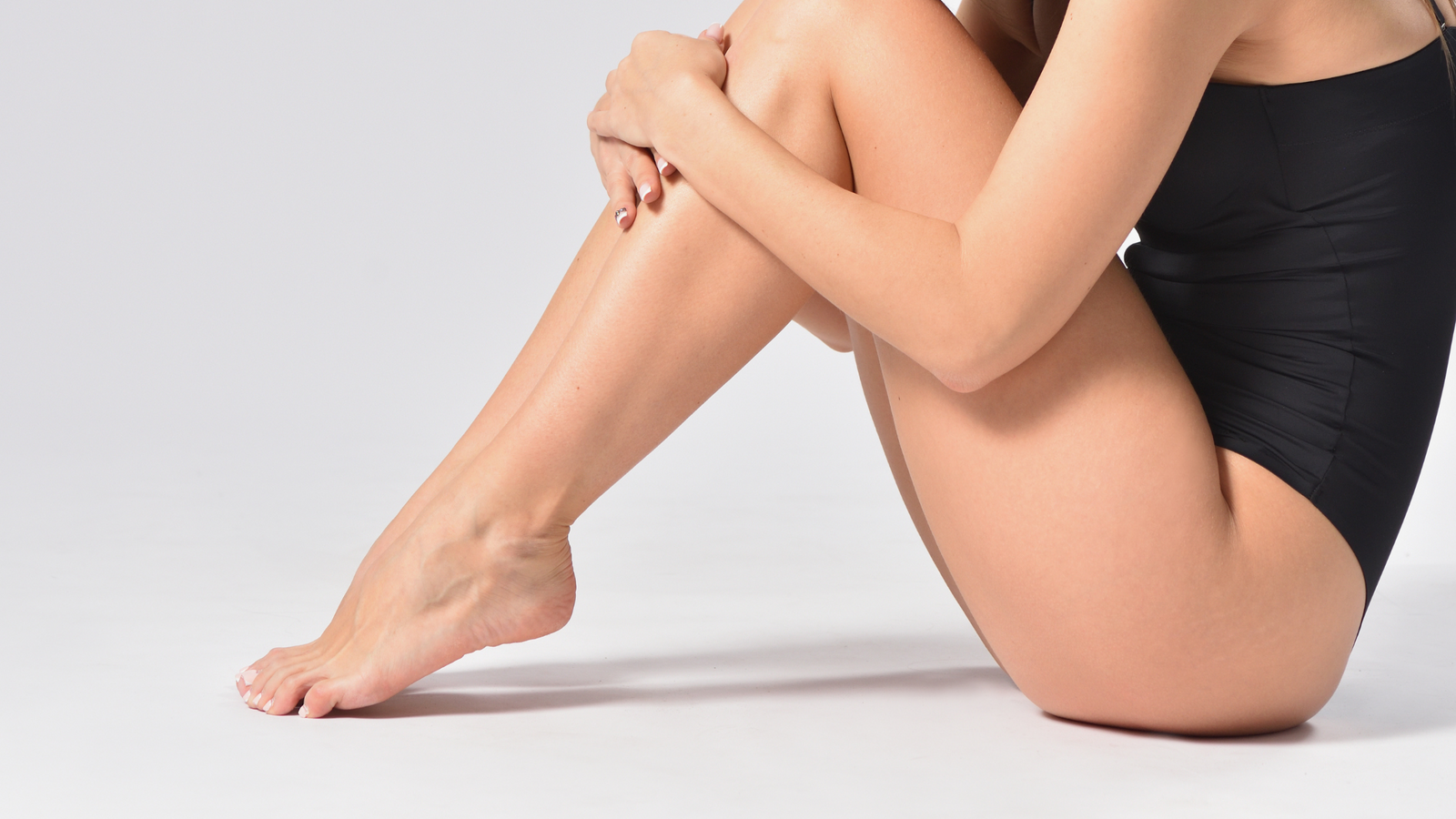
The term dermatitis literally means inflammation of the skin - “derm” meaning skin and “itis” meaning inflammation. It’s a general, catch-all term used to describe a number of different skin conditions, but it usually includes dry, itchy, red skin not related to an infection. There are several types of dermatitis, including eczema, contact dermatitis, diaper rash, and seborrheic dermatitis (dandruff).
Types of Dermatitis
Atopic Dermatitis
Also known as eczema, atopic dermatitis is a chronic skin condition typically accompanied by very dry, itchy, scaly patches of skin. Eczema affects nearly 10% of the U.S. population, and while for some it goes away over time, others experience flare-ups throughout their life. Atopic dermatitis is not contagious, and there is currently no known cure. Treatment usually aims to relieve symptoms and minimize flare-ups.
Contact Dermatitis
Contact dermatitis is one of the most common culprits behind vaginal itching. This can happen when your skin comes into contact with certain irritants or allergens that cause a reaction. Symptoms include redness, burning, itching, and stinging that usually develop immediately after exposure. Products like soap, laundry detergent, bath oils, bubble bath, fragranced panty liners or menstrual pads may contain irritants that those with sensitive or dermatitis-prone skin will want to avoid. Nylon underwear or exercise clothes that trap heat and sweat can also trigger contact dermatitis, so be sure to change out of those yoga pants ASAP and consider using a gentle fragrance-free wipe or cleansing serum after you work out to help balance the skin.
Dermatitis Treatment
If you’re experiencing symptoms of dermatitis, we recommend consulting your medical professional for proper diagnosis. Not sure what kind of doctor to go to? You’re not alone. Many are unsure who to ask for help with vulvar dermatitis - a gynecologist? A dermatologist? Someone else? It’s easy to get caught in a game of referral ping pong between a gynecologist who doesn’t treat skin disorders and a dermatologist who doesn’t treat genital disorders. Luckily, there are resources out there! Start with the physicians in directories like pelvicpain.org, @isswshoffice or @aptapelvic. They can help refer you to someone who treats vulvar dermatitis.
If you’re in need of immediate relief from dry, itchy, irritated skin, Rescue Balm is a highly-concentrated treatment that helps soothe and calm dermatitis-prone skin. Colloidal oatmeal, a favorite for eczema-prone skin, plus nourishing oils, shea butter, and zinc oxide will help you go from “Ouch!” to “Ahhh.”
For anyone experiencing contact dermatitis, we encourage you to pay close attention to the products you’re using. Do you experience a flare-up every time you soak in that new, highly-scented bubble bath? Are you having a bad reaction to your body wash, lotion or fabric softener? If you’ve got sensitive, dermatitis-prone skin, be sure to check the labels on your personal care products and opt for fragrance-free formulations that are gentle on skin.
Click here to browse our curated collection for dermatitis and eczema-prone skin.



